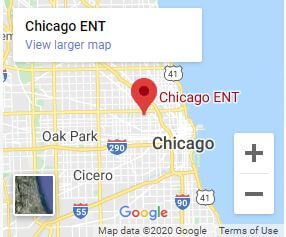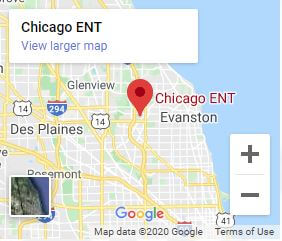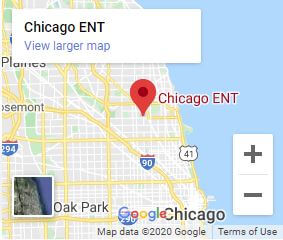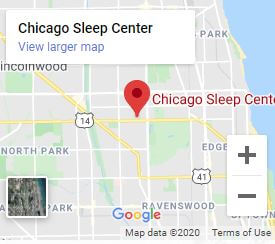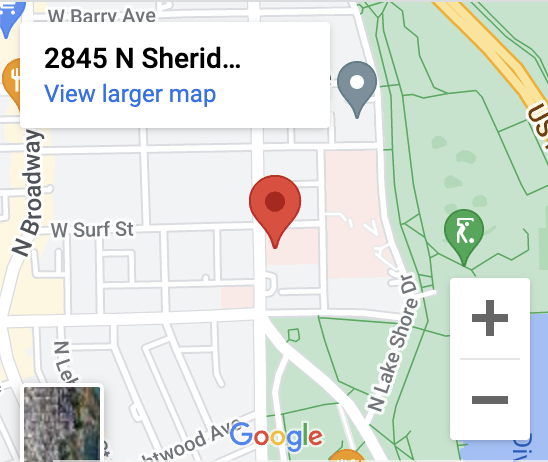Have you been experiencing frustrating symptoms of allergies like itchy skin, sneezing, or a runny nose? You can determine the cause of your allergies and get personalized treatment recommendations when you undergo allergy testing.
This specialized testing allows your doctor to identify specific allergens and prescribe the proper medications and treatment. So, what type of doctor should you see for your allergy test?
Keep reading to learn more about what kind of doctor does allergy testing.
What are Allergies?

Allergies occur when your immune system reacts to a typically harmless substance called an allergen. Common allergens include pollen, pet dander, dust mites, mold, and certain foods or medications.
Allergy symptoms can vary depending on the substance you’re allergic to, but common symptoms include:
- Runny, stuffy nose
- Itchy nose and eyes
- Watery eyes
- Sneezing
- Hives, rash, or itchy skin
These symptoms may be mild or resolve quickly, but can sometimes lead to more severe symptoms like:
- Swelling
- Difficulty breathing
- Difficulty swallowing
- Dizziness
- Drop in blood pressure
- Rapid pulse
These symptoms could be signs of a serious allergic reaction or anaphylaxis. You should seek immediate medical attention if you begin experiencing any of these symptoms, especially in response to a known allergen.
Why Do I Need to Be Tested for Allergies?
If you’re experiencing symptoms of allergies, it can be hard to know precisely what is causing it, as you are likely interacting with thousands of different potential allergens daily. Allergy testing allows your doctor to pinpoint the root cause of your allergies, which can help them recommend the best medications or treatment options to help you find relief.
Who Does Allergy Testing?

Allergy testing is typically done by an allergist or ENT specialist. These doctors have undergone years of education and specialized training to diagnose and treat allergies.
The allergists at Chicago ENT often use skin prick testing to diagnose allergies, which involves lightly pricking the skin, typically on the arm or back, with tiny amounts of different allergens. Then, they will observe you to see if your skin reacts to these allergens.
If you do have an allergic reaction, you should expect to see redness or a mosquito-bite-like bump at the site of the skin prick. You may experience mild allergy symptoms during or after the test, but they often fade within an hour or two.
Skin prick allergy testing usually takes around three to five minutes per allergen you are exposed to, with 15 to 20 minutes of observation time to see if you react to the substance.
How Do Allergists Treat Allergies?
If your ENT specialist or allergist identifies an allergen that is causing your symptoms, they’ll likely recommend treatment based on the type and severity of your allergy. Some treatment options include:
Lifestyle Changes
Once you know the cause of your allergies, you can take steps to avoid them in your daily life with practices like:
- Using an air purifier
- Keeping windows and doors closed during pollen seasons
- Not allowing dander-producing animals into your house, or ensuring they stay away from your bed
- Using a humidifier during the winter months and remembering to clean it regularly
- Sleeping with your head slightly elevated to decrease congestion
- Keeping your home clean and free from mildew and mold
- Regularly changing the air filters in your air conditioner or heater
- Using a plastic barrier cloth around your mattress, box spring, and pillows
- Opting for cotton or synthetic materials for blankets, pillows, and clothing over wool
- Avoiding smoking and other air pollutants
- Prioritizing eating a healthy diet high in vitamin C
Medications
In addition to lifestyle changes, your ENT specialist may recommend over-the-counter allergy medications or decongestants like loratadine, cetirizine, fexofenadine, or pseudoephedrine. They may also advise using a saline nasal spray to clear your sinuses of potential allergens.
However, if these aren’t enough to relieve your symptoms, they may prescribe stronger antihistamines or recommend immunotherapy.
Allergy Shots
Allergy shots, also called subcutaneous immunotherapy (SCIT), can help treat allergies and asthma. This treatment involves receiving allergy shots at the Chicago ENT office once or twice a week, with the dosage gradually increasing with each shot.
This helps your body begin to develop a tolerance to these allergens, effectively eliminating your symptoms over time. It typically takes around five to eight months to reach the maintenance dose for monthly shots.
Then, you’ll continue to receive these shots for about three to five years. Most patients enjoy lasting relief from their allergies, even after treatment has stopped.
Allergy Drops

If you still want to enjoy the benefits of immunotherapy without needing to attend in-office visits or receive shots, you can opt for allergy drops, also called sublingual immunotherapy (SLIT). These drops can treat many allergies, including mold, pet dander, grasses, weeds, trees, dust mites, and certain food allergies.
You can apply allergy drops under your tongue every day at home. They work in the same way as allergy shots, with your body building more of a tolerance to the allergen over time.
While treatment often lasts three to five years, patients may start noticing a reduction in symptoms after just one month of SLIT.
Get Relief from Your Allergies
The ENT specialists and allergists at Chicago ENT have years of experience performing thorough allergy testing to determine the best treatment option for you. Once the cause of your allergies has been found, we can provide effective, comprehensive treatments to help you get the relief you deserve.
Do you want to get to the root cause of your allergy symptoms? Schedule an appointment at Chicago ENT in Chicago, IL, today to receive thorough allergy testing from our team of experts.











